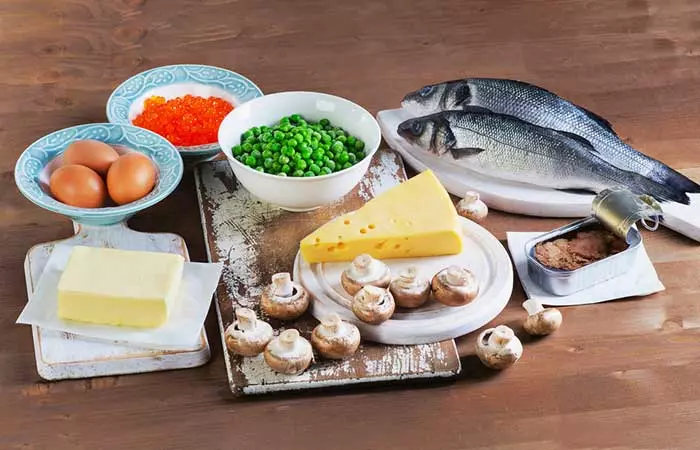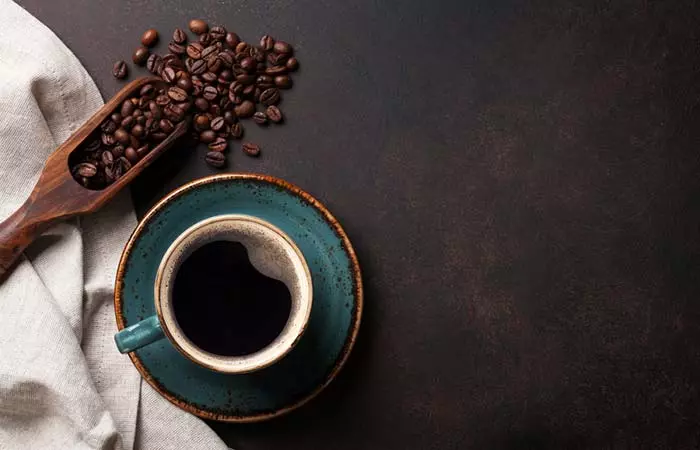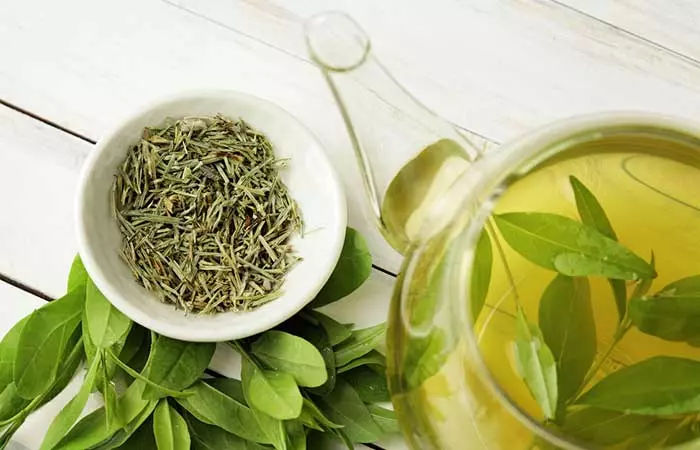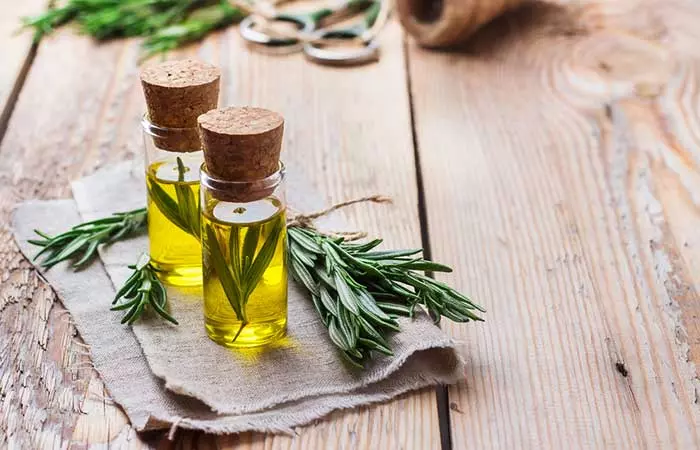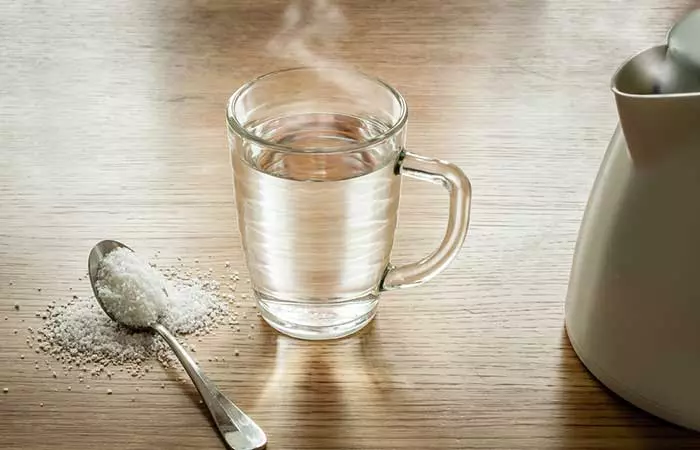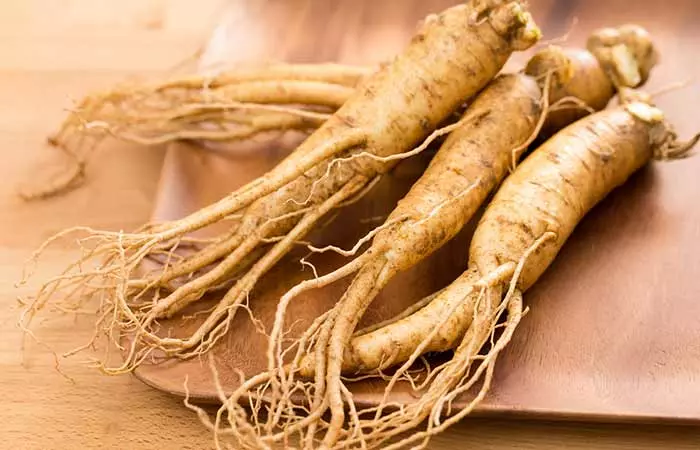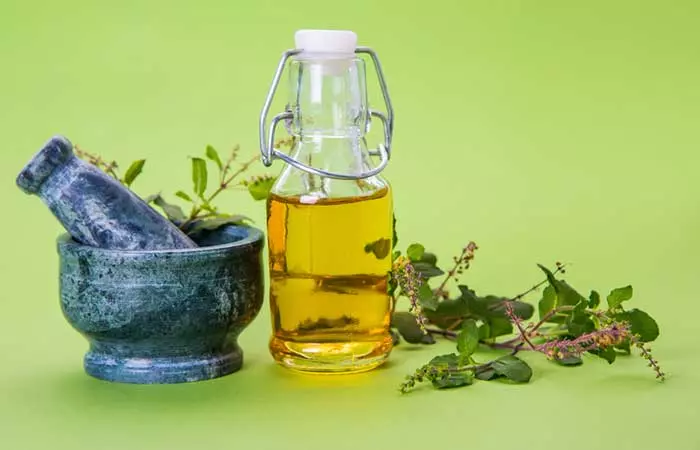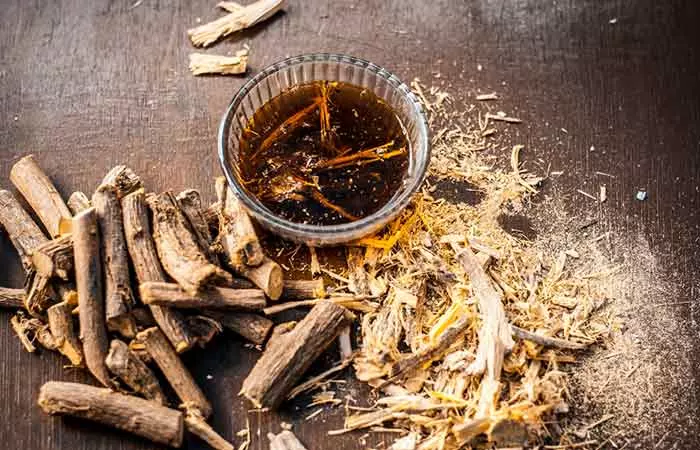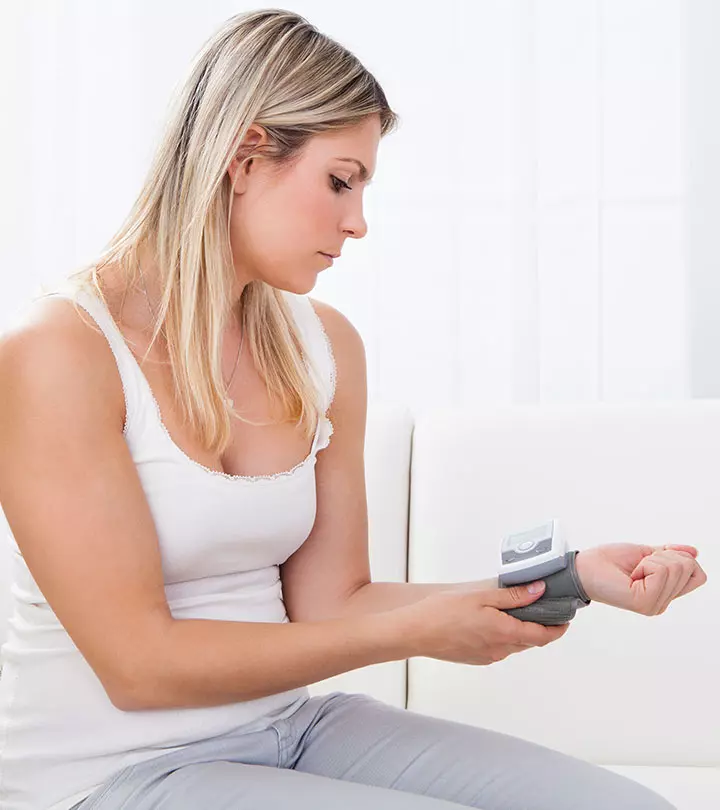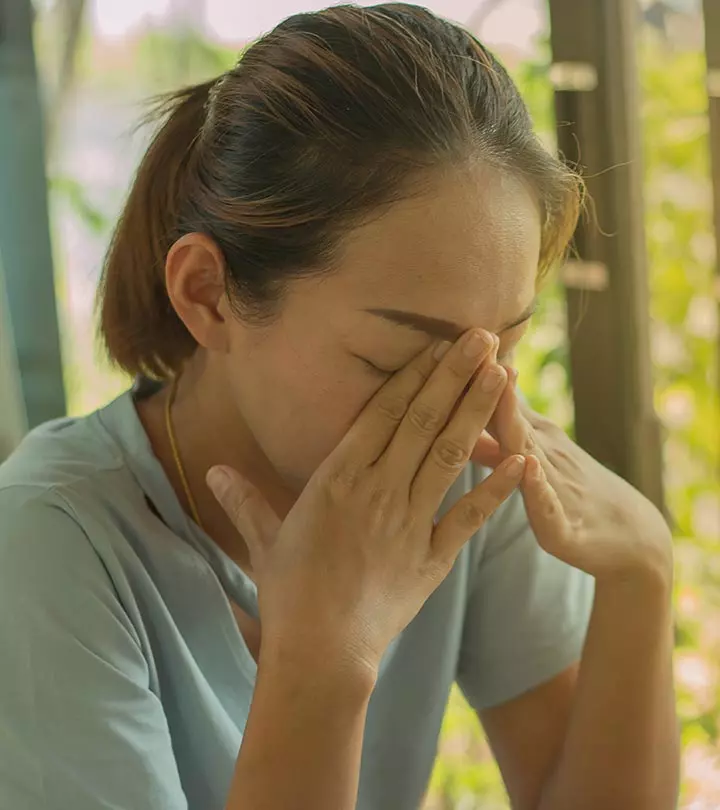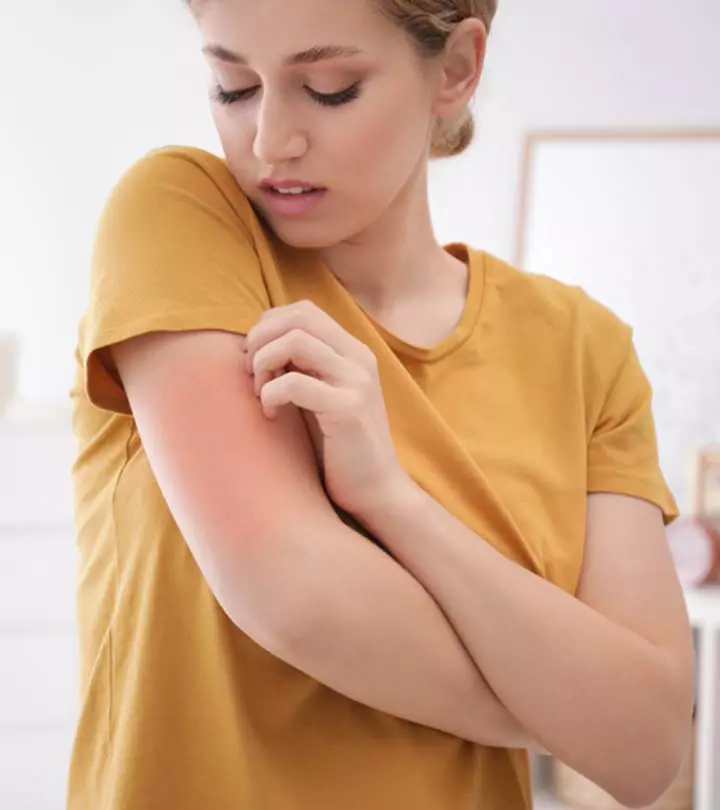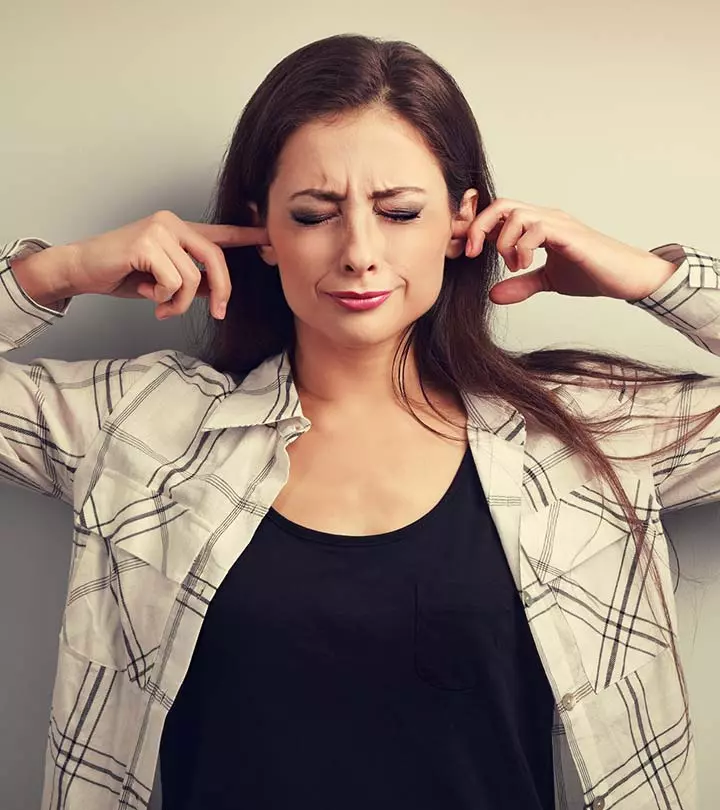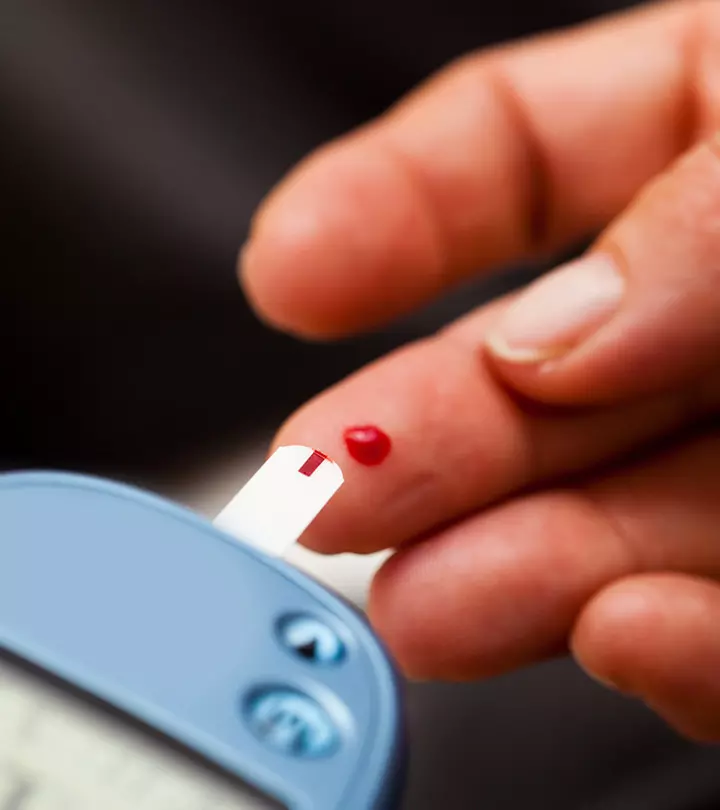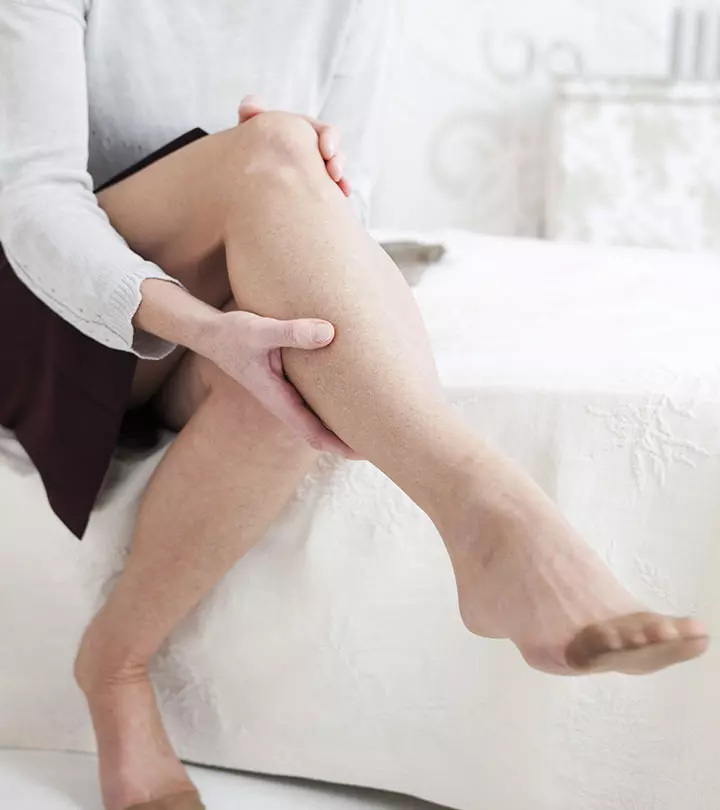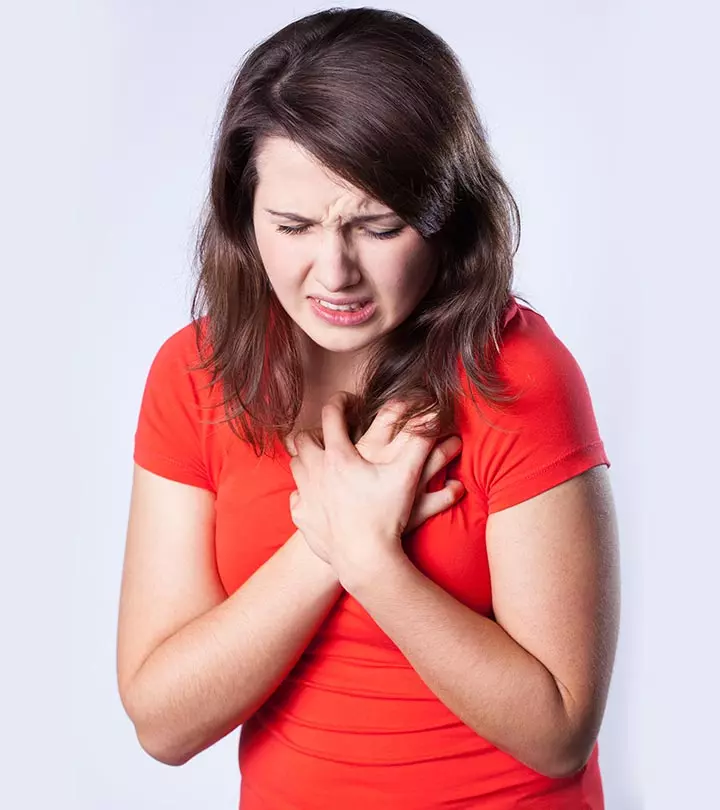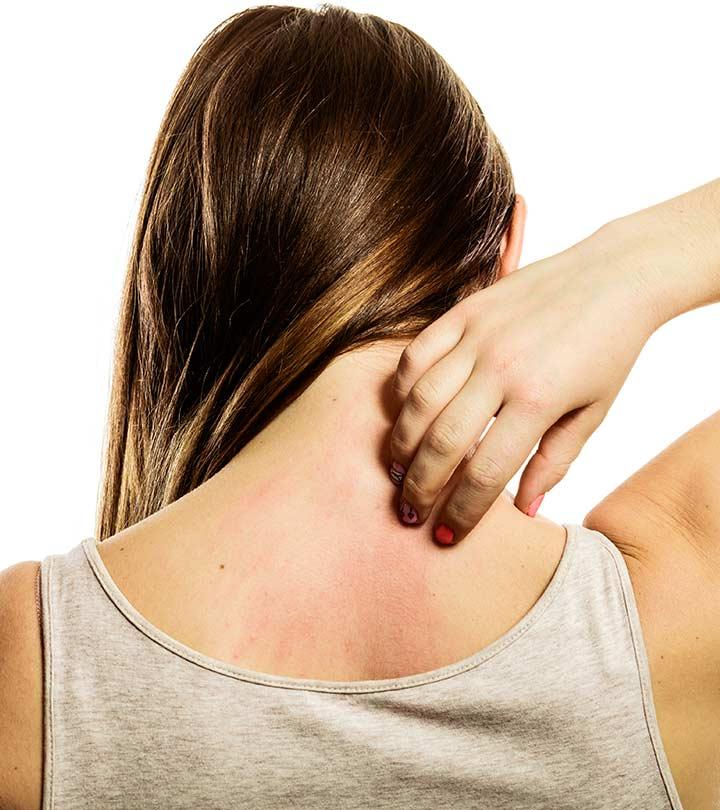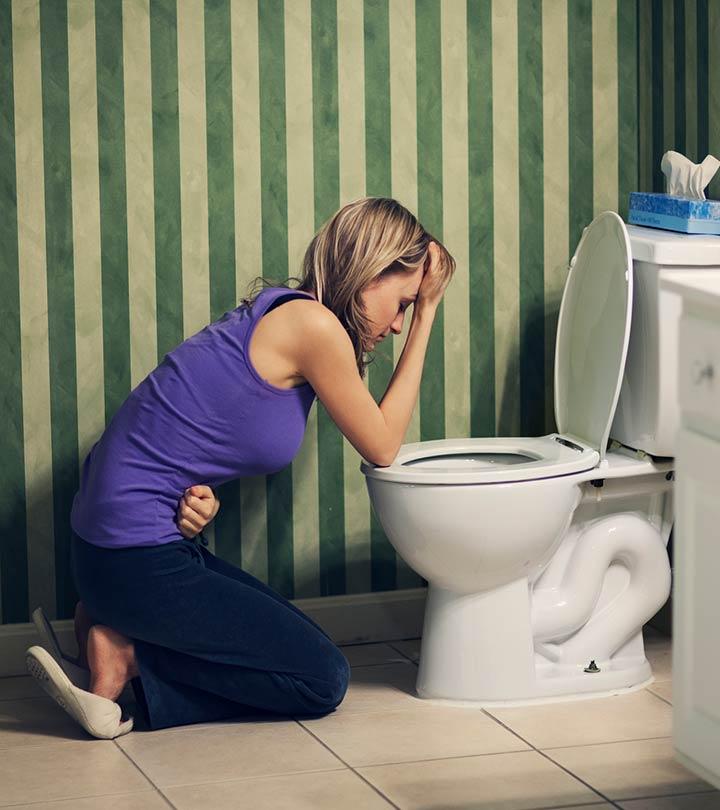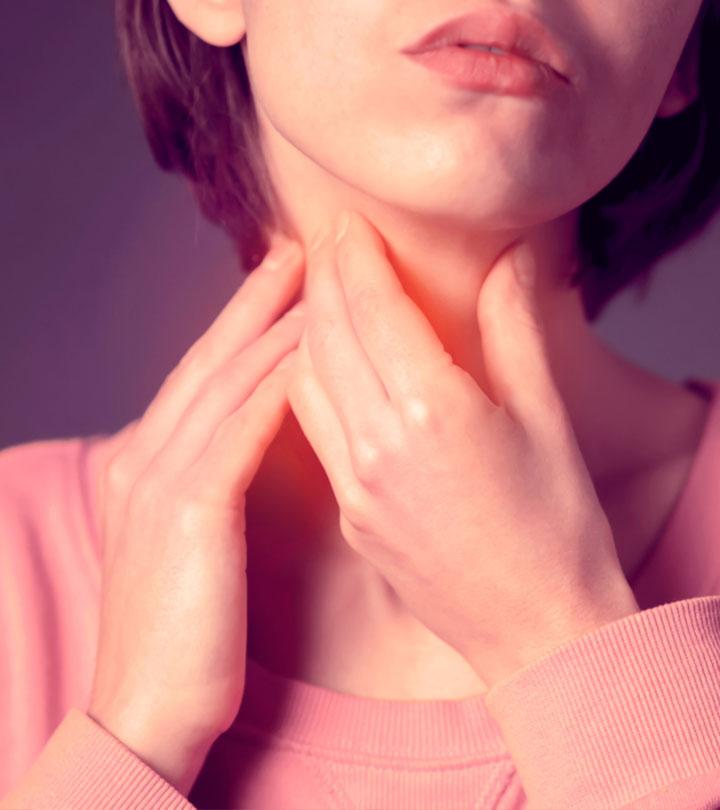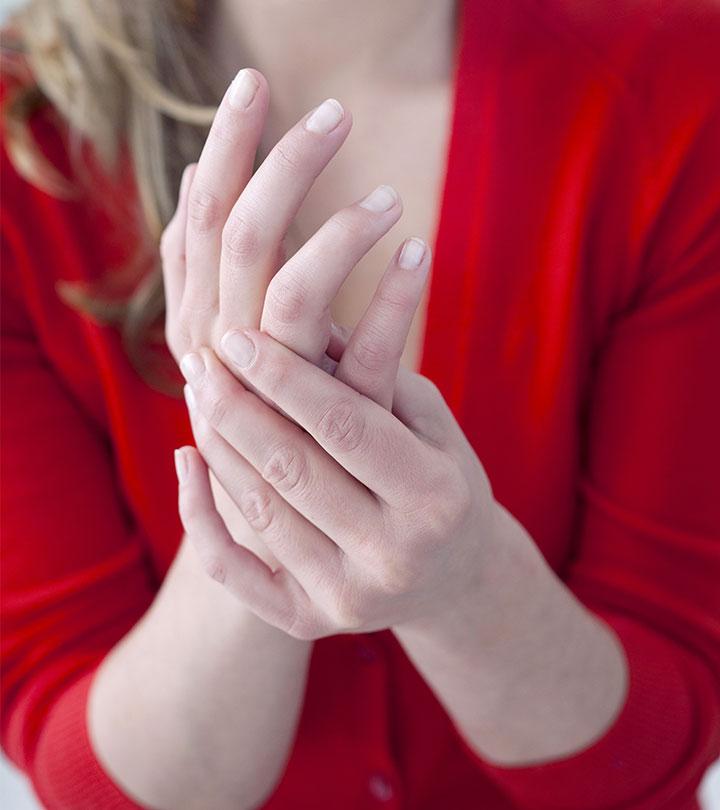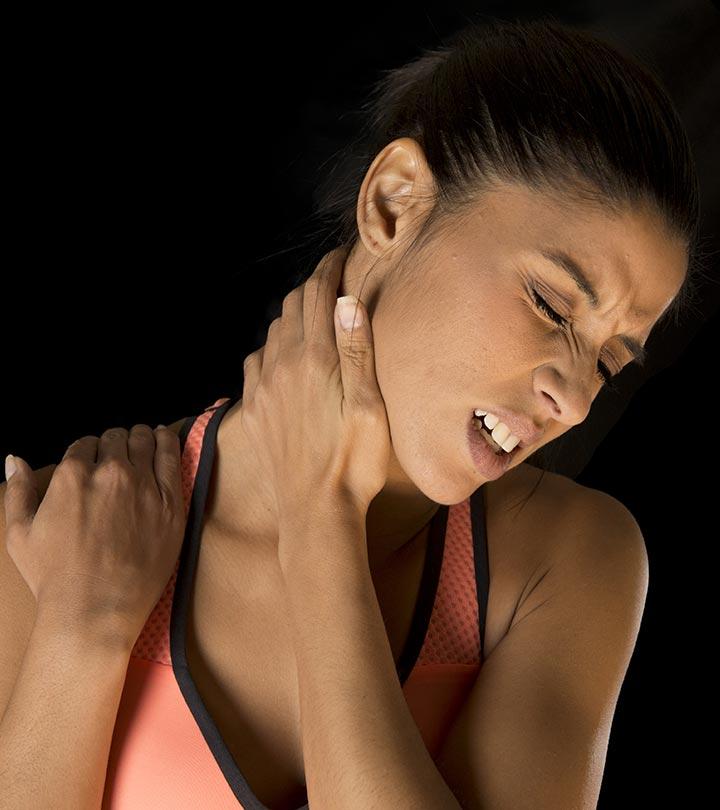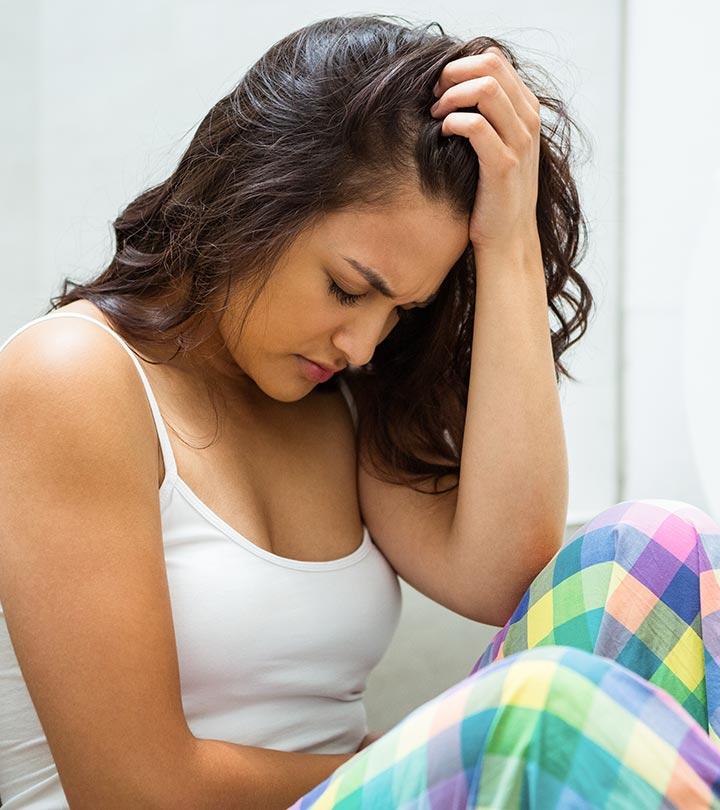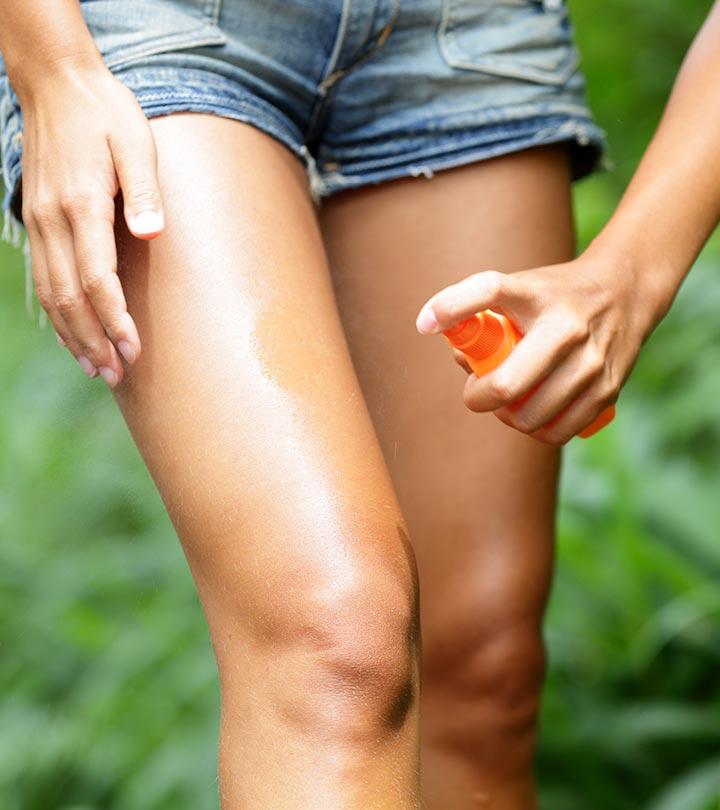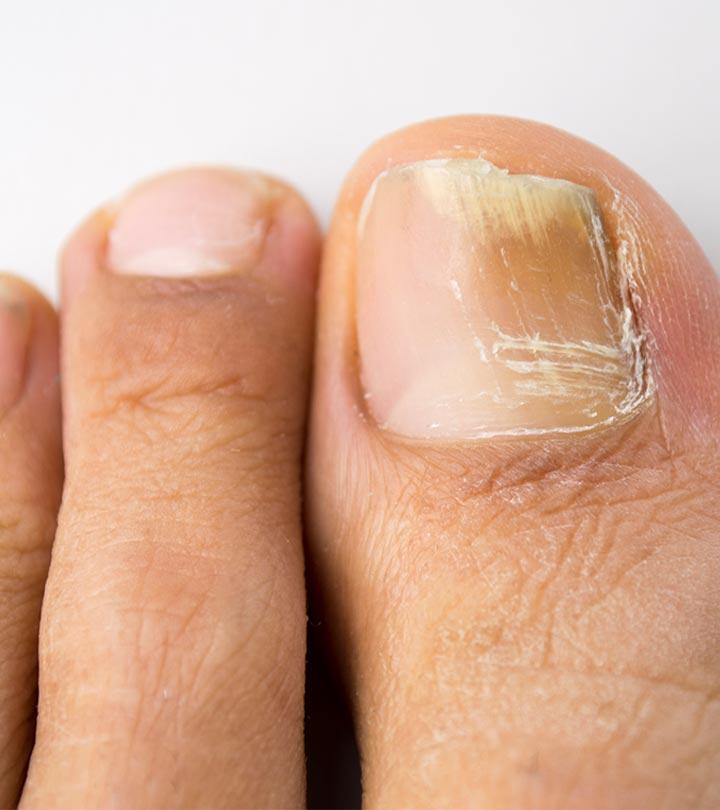8 Home Remedies To Treat Low Blood Pressure & Prevention Tips
Effective and safe home remedies to help manage low blood pressure naturally.
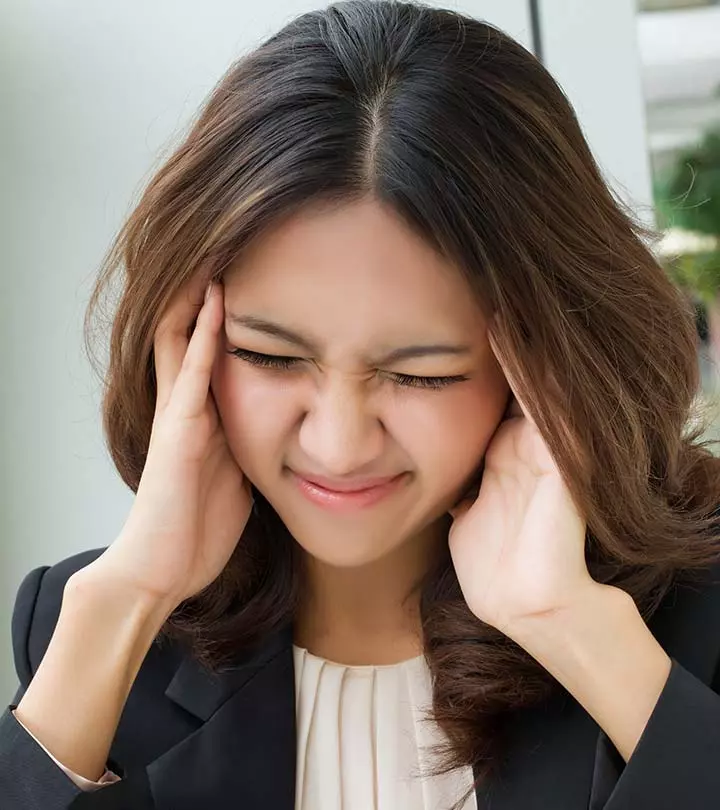
Image: Shutterstock
Low blood pressure may manifest as bouts of dizziness, faintness, or nausea while performing simple day-to-day tasks. It might also give you a sensation of a sudden rush of blood to your head and may leave you off balance. While getting your blood pressure monitored regularly is important to avoid any complications, you also may explore certain home remedies that can help you deal with it in the interim.
However, remember that these remedies can only help you manage the symptoms and get some temporary relief. It’s important to get professional advice, make lifestyle changes, and adopt healthy habits for managing low blood pressure the right way. Continue reading to understand how to supplement medical treatment with natural alternative medicine and additional self-care and caution at home.
In This Article
What Is Low Blood Pressure?
Low blood pressure is also known as hypotension. It is used to define a sudden drop in the flow of blood to the organs of the body that results in symptoms of shock.
Low blood pressure, also known as hypotension, can be categorized into different types. Learn more about them in the next section.
Types Of Low Blood Pressure
- Orthostatic Hypotension: Also known as postural hypotension, it occurs when a person experiences a significant drop in blood pressure when transitioning from lying down or sitting position to standing up. It causes dizziness, lightheadedness, and even fainting.
- Postprandial Hypotension: It occurs after having a meal and is common in older adults. It may lead to dizziness, light-headedness, and even falls.
- Neurally Mediated Hypotension: It occurs when a person has been standing for a long time. It usually affects young adults and children and includes symptoms like lightheadedness, dizziness, and, at times, loss of consciousness.
The causes of the sudden drop in your blood pressure are as follows.
What Causes Low Blood Pressure?
Low blood pressure may result from:
- Dehydration caused by prolonged nausea, vomiting, diarrhea, or exercising
- Bleeding – moderate to severe
- Inflammation of organs (acute pancreatitis)
- Heart diseases due to weakened heart muscles, slowed heart rate, blood clots in the heart, etc.
- Medications used for treating high blood pressure, depression, as well as water pills and calcium channel blockers
- Deficiency of vitamin B12 or folate
- Adrenal insufficiency
- Septicemiai Potentially life-threatening blood poisoning that occurs when germs happen to enter one's bloodstream.
- Vasovagal reactions
- Postural hypotension
- Alcohol
- Narcotics
Low blood pressure is characterized by the following symptoms.
Signs And Symptoms Of Low Blood Pressure
- Fainting
- Lightheadedness
- Dizziness
- Fatigue
If your blood pressure has dropped due to an underlying disease, it may result in the following signs and symptoms:
- Orthostatic hypotension (standing or sitting may bring about symptoms of low blood pressure)
- Heart disease (chest pain or heart attack)
- Kidney disease (increase in urea and creatinine levels in the blood due to the decreased blood supply to the kidneys)
- Shock that causes organs like the kidneys, heart, lungs, or brain to fail
Hira Hooron, a blogger, shared her experience of how her blood pressure had dropped suddenly. She said, “I was also trying to enjoy but I don’t know why I was feeling faint and lazy. My heartbeat was getting so slow with every passing moment. Then suddenly I fell down (i).”
Has all this information made you a bit worried about your blood pressure? Then, why not get yourself checked and analyze the results? The following is a chart that can help you understand normal to abnormal ranges of blood pressure.
Blood Pressure Chart
| Blood Pressure Stages | |||
|---|---|---|---|
| Blood Pressure Category | Systolic mm Hg (Upper #) | Diastolic mm Hg (Lower #) | |
| Lower Blood Pressure | less than 100 | and | less than 60 |
| Normal | less than 120 | and | less than 80 |
| Elevated | 120-129 | and | less than 80 |
| High Blood Pressure (Hypertension) Stage 1 | 130-139 | or | 80-89 |
| High Blood Pressure (Hypertension) Stage 2 | 140 or higher | or | 90 or higher |
| Hypertensive Crisis (Seek Emergency Care) | higher than 180 | and/or | higher then 120 |
Your blood pressure is actually the force that is exerted on the walls of your blood vessels by the circulating blood, and it constitutes your heart rate, breathing, and body temperature.
The blood pressure of an individual is expressed as systolic/diastolic blood pressure.
The systolic blood pressure (top number) is a representation of the pressure in the arteries when the muscles of your heart contract and pump blood. The diastolic blood pressure (bottom number) is a representation of the pressure in your arteries as the heart muscles relax following a contraction.
Your blood pressure will always be higher when your heart is contracting as opposed to when it is relaxing.
The systolic blood pressure of a healthy individual ranges between 90 and 120 millimeters of mercury (mm Hg). Whereas, the diastolic blood pressure ranges between 60 and 80 mm Hg.
Thus, your normal blood pressure should be lower than 120/80. Blood pressure over 130/80 is considered high. Low blood pressure is often characterized by symptoms rather than numbers. However, individuals with high blood pressure must be alert if their blood pressure drops to 100/60 or lower.
It is important to keep your blood pressure within the normal range to avoid complications. If your blood pressure has been consistently low for a while now, it is time to restore it. You can easily bring it back to the normal range by following the natural remedies given below.
How To Cure Low Blood Pressure Naturally
Home Remedies To Treat Low Blood Pressure
1. Vitamins
Vitamins B12 and E can help a great deal in increasing low blood pressure. In fact, vitamin E should not be used by those who have high blood pressure (1). Vitamin B12 is used to treat anemia, which, in turn, also helps in increasing your blood pressure (2).
To get the required quantities of these vitamins, you can consume almonds, spinach, sweet potatoes, eggs, milk, cheese, and fish. You can also take additional supplements for these vitamins but only after consulting your doctor.
2. Coffee
You Will Need
- 1-2 teaspoons of coffee powder
- 1 cup water
What You Have To Do
- Add one to two teaspoons of coffee powder to a cup of water.
- Bring it to a boil in a saucepan.
- Simmer for 5 minutes.
- Allow it to cool a bit before consuming.
How Often You Should Do This
You must drink two cups of coffee daily.
Why This Works
Coffee is a rich source of caffeine, which can increase your blood pressure temporarily (3).
3. Green Tea
You Will Need
- 1 teaspoon of green tea
- 1 cup of hot water
What You Have To Do
- Add a teaspoon of green tea to a cup of hot water.
- Steep for 5 to 10 minutes and strain.
How Often You Should Do This
You must drink green tea 2 to 3 times daily.
Why This Works
Like coffee, green tea is also a rich source of caffeine. Although the exact mechanism of how caffeine lowers blood pressure is not understood, it is believed that it blocks a hormone responsible for keeping your arteries widened (4).
4. Rosemary Oil
You Will Need
- 6 drops of rosemary oil
- 1 tablespoon of any carrier oil (coconut or olive oil)
What You Have To Do
- Mix six drops of rosemary essential oil with a tablespoon of any carrier oil.
- Massage your entire body with it.
- Alternatively, you can add rosemary oil to your bath water and soak in it.
How Often You Should Do This
You must do this once daily.
Why This Works
Rosemary oil contains camphor, which stimulates your respiratory system as well as blood circulation. Thus, aromatherapy using rosemary oil is quite beneficial for treating low blood pressure due to its antihypotensivei A property of a substance or medication designed to improve excessively low blood pressure levels in the body. nature (5).
5. Salt Water
You Will Need
- ½ teaspoon of salt
- 1 glass of water
What You Have To Do
- Mix half a teaspoon of salt in a glass of water.
- Drink the saline solution.
How Often You Should Do This
Do this only if there is a sudden drop in your blood pressure.
Why This Works
The presence of sodium in salt makes it a perfect remedy to raise your blood pressure. However, you must avoid overusing this remedy as too much salt can be dangerous to your health (6).
 Quick Tip
Quick Tip6. Ginseng
You Will Need
- 1 teaspoon of ginseng tea
- 1 cup of water
- Honey
What You Have To Do
- Add a teaspoon of ginseng tea to a cup of water.
- Bring it to a boil in a saucepan.
- Simmer for 5 minutes and strain.
- Let the tea cool a bit before adding some honey to it.
- Drink it up.
How Often You Should Do This
You must drink this concoction 2 to 3 times daily.
Why This Works
Ginseng is one of those herbal remedies that even in very low doses raises blood pressure in people suffering from hypotension (7). However, in high doses, it may increase your blood pressure, and hence must be consumed in moderation.
7. Holy Basil (Tulsi)
You Will Need
- 10-15 holy basil leaves
- 1 teaspoon of plant based (bee free) honey
What You Have To Do
- Crush 10 to 15 basil leaves.
- Extract the juice and mix it with a teaspoon of bee free honey.
- Consume this mixture.
How Often You Should Do This
You must do this once every morning.
Why This Works
Holy basil or tulsi offers multiple benefits due to its therapeutic, adaptogenic, anti-inflammatory, and cardioprotectivei A substance or chemical used to protect the heart or arteries from disease, injuries, or malfunctioning. properties. It is also a rich source of nutrients like vitamin C, magnesium, and potassium. The combined effects of these nutrients and the properties help treat low blood pressure (8).
8. Licorice
You Will Need
- 1 teaspoon of licorice tea
- 1 cup of water
- Honey
What You Have To Do
- Add a teaspoon of licorice tea to a cup of water.
- Bring it to a boil in a saucepan and simmer for 5 minutes.
- Strain and let it cool a bit.
- Add a little honey to the tea and consume.
How Often You Should Do This
You must drink this tea 2 to 3 times daily.
Why This Works
Licorice root helps raise the blood pressure in individuals suffering from hypotension (9).
While the above remedies work their magic, you must also follow these prevention tips to avoid complications.
Prevention Tips
- Follow a diet that is high in salt.
- Drink lots of fluids in the form of water and fruit juices.
- Keep yourself well hydrated when the weather is hot.
- Limit your alcohol intake.
- Exercise regularly to promote blood flow.
- Take precautions while sitting or standing by pumping your feet or ankles to avoid a sudden drop in your blood pressure.
- Elevate the head of your bed while sleeping.
- Do not lift heavy objects.
- Do not expose yourself to hot water for long periods.
- Have smaller and more frequent meals.
- Practice stress management.
- Perform relaxation techniques, such as meditation, acupuncture, and massage therapy.
 Quick Tip
Quick TipYour diet plays a very significant role in bringing your blood pressure back to the normal range. Here are a few diet tips that tell you what foods should be consumed and what should be avoided to raise your blood pressure.
Diet Chart
Best Foods That Increase Blood Pressure
- Foods high in minerals and vitamin B12 like nori and nutritional yeast.
- Foods high in folates like asparagus, liver, and garbanzo beans.
- Salty foods like canned soup, cottage cheese, and olives.
- Caffeine can also help in raising your blood pressure temporarily.
Foods To Avoid
- Potatoes
- Pasta
- White rice
- White bread
- Alcohol
- Sugar
- Cakes and candies
Infographic: How To Check For Low Blood Pressure
Have you experienced some of the symptoms mentioned in the article above? If yes, you may wonder how to check your low blood pressure. The doctors may perform one or more blood pressure tests to check if you have low levels.
Check out the infographic below to learn what tests the doctor might use to check for low blood pressure and what you can do at home. Illustration: StyleCraze Design Team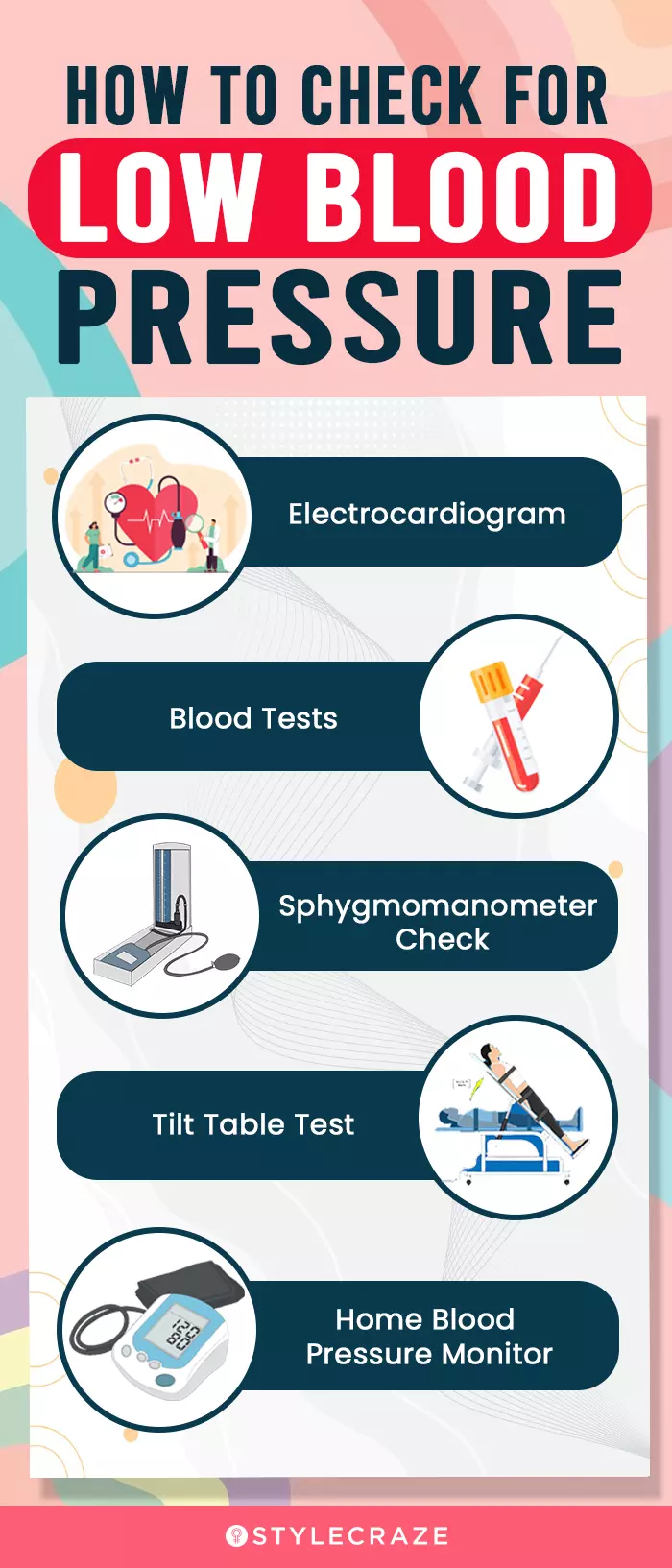
Low blood pressure, or hypotension, is a sudden reduction in blood flow to the organs in the body, which results in symptoms such as dizziness, nausea, and tiredness. Dehydration, bleeding, B12 deficiency, heart diseases, alcohol consumption, and certain medications are among the most common causes of low blood pressure. While consistent low pressure warrants professional medical consultation, you can apply a few simple home remedies as part of low blood pressure treatment to optimize your blood pressure levels. For instance, dietary sources of vitamins B12 and E, coffee, green tea, licorice, and salt water can help raise your blood pressure in case of a sudden drop.
Learn about natural remedies and foods to eat and avoid to help manage this low blood pressure better. Watch this insightful video to learn more.
Frequently Asked Questions
What to do if your blood pressure drops suddenly?
If your blood pressure drops suddenly, you can consume more of salty foods or drinks to increase it quickly. You can also opt for an intravenous (IV) line to get electrolytes in your body quickly.
Why does low blood pressure make you tired?
Usually, low blood pressure does not make you tired. However, if the drop in your blood pressure is a result of an underlying medical condition, like an infection, heart problem, or dehydration, it can make you tired, fatigued, and lightheaded.
Can you have a heart attack due to low blood pressure?
If the drop in your blood pressure is due to an underlying heart disease, it may be characterized by chest pain or even heart attack.
Does hot water increase blood pressure?
No, hot water does not increase blood pressure.
Does lemon cause low blood pressure?
Yes, regular intake of lemon may help lower blood pressure. A study found that lemon intake, along with walking, may have a positive effect on blood pressure (9).
Is banana good for low blood pressure?
Bananas are good for managing hypertension by lowering blood pressure (10). Therefore, it may not be a good idea to consume bananas if you have low blood pressure.
Key Takeaways
- Low blood pressure may cause you to feel faint, nauseous, and tired.
- Low blood pressure is caused by certain diseases, dehydration, or bleeding.
- Consume salty foods like cheese and olives to increase your blood pressure.
- Avoid alcohol and drink water to keep yourself hydrated.
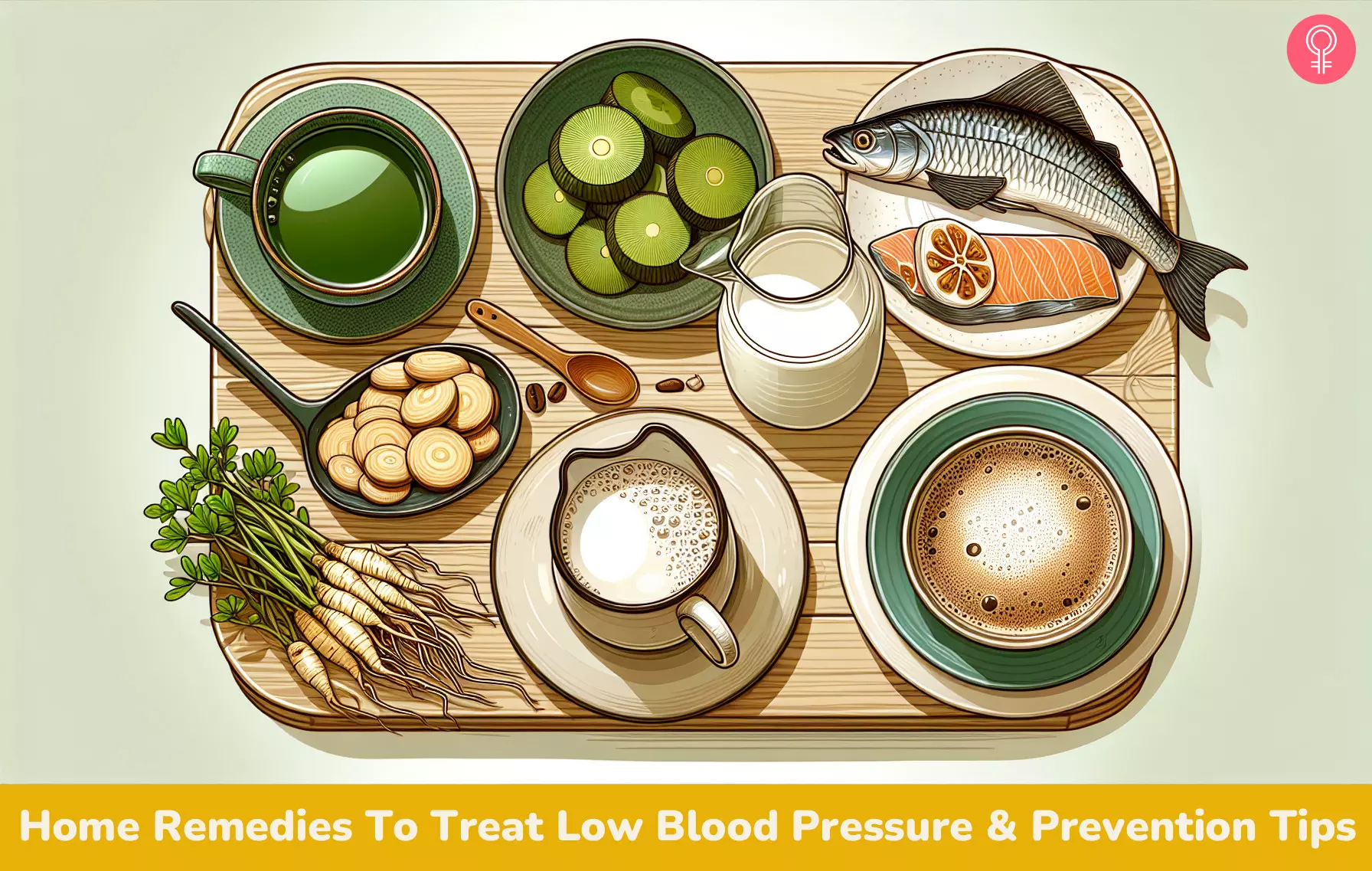
Image: Dall·E/StyleCraze Design Team
Personal Experience: Source
StyleCraze's articles are interwoven with authentic personal narratives that provide depth and resonance to our content. Below are the sources of the personal accounts referenced in this article.
i. MY LAST NIGHT STORY OF 85/40 BLOOD PRESSUREhttps://medium.com/@hiraharoonfatima/my-last-night-story-of-85-40-blood-pressure-4133715d5b3f
Read full bio of Joel Kahn
Read full bio of Arshiya Syeda
Read full bio of Dipti Sharma





